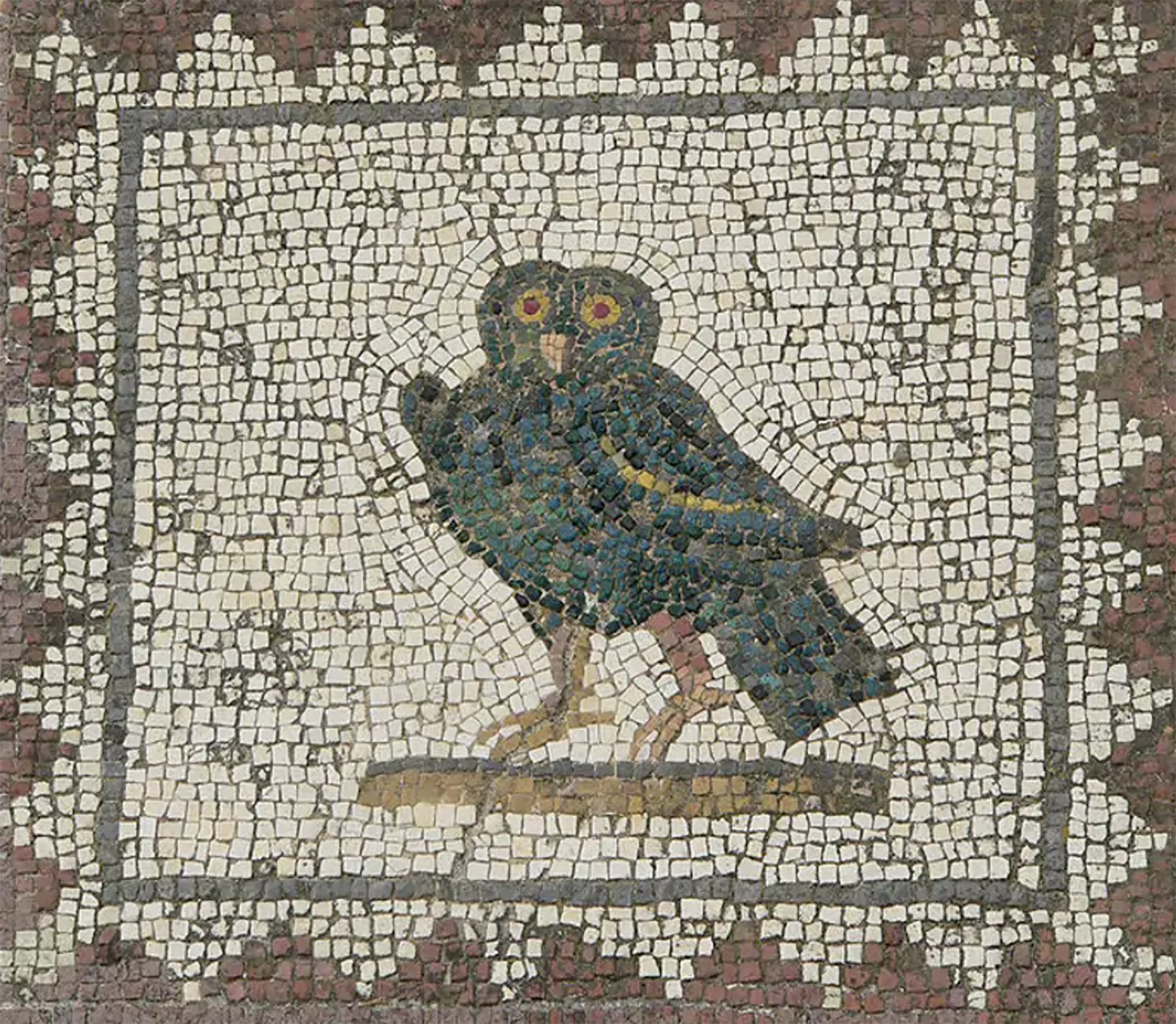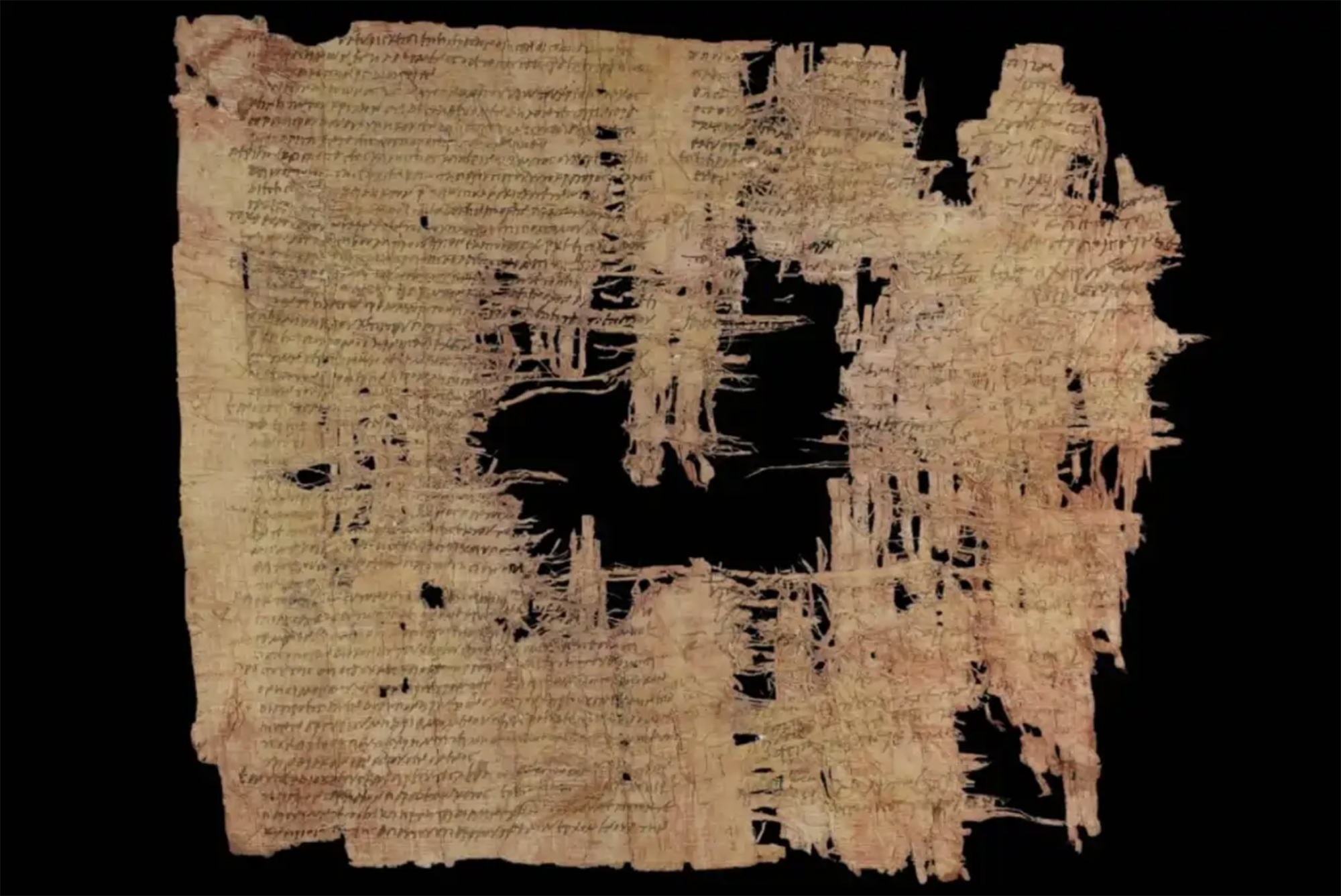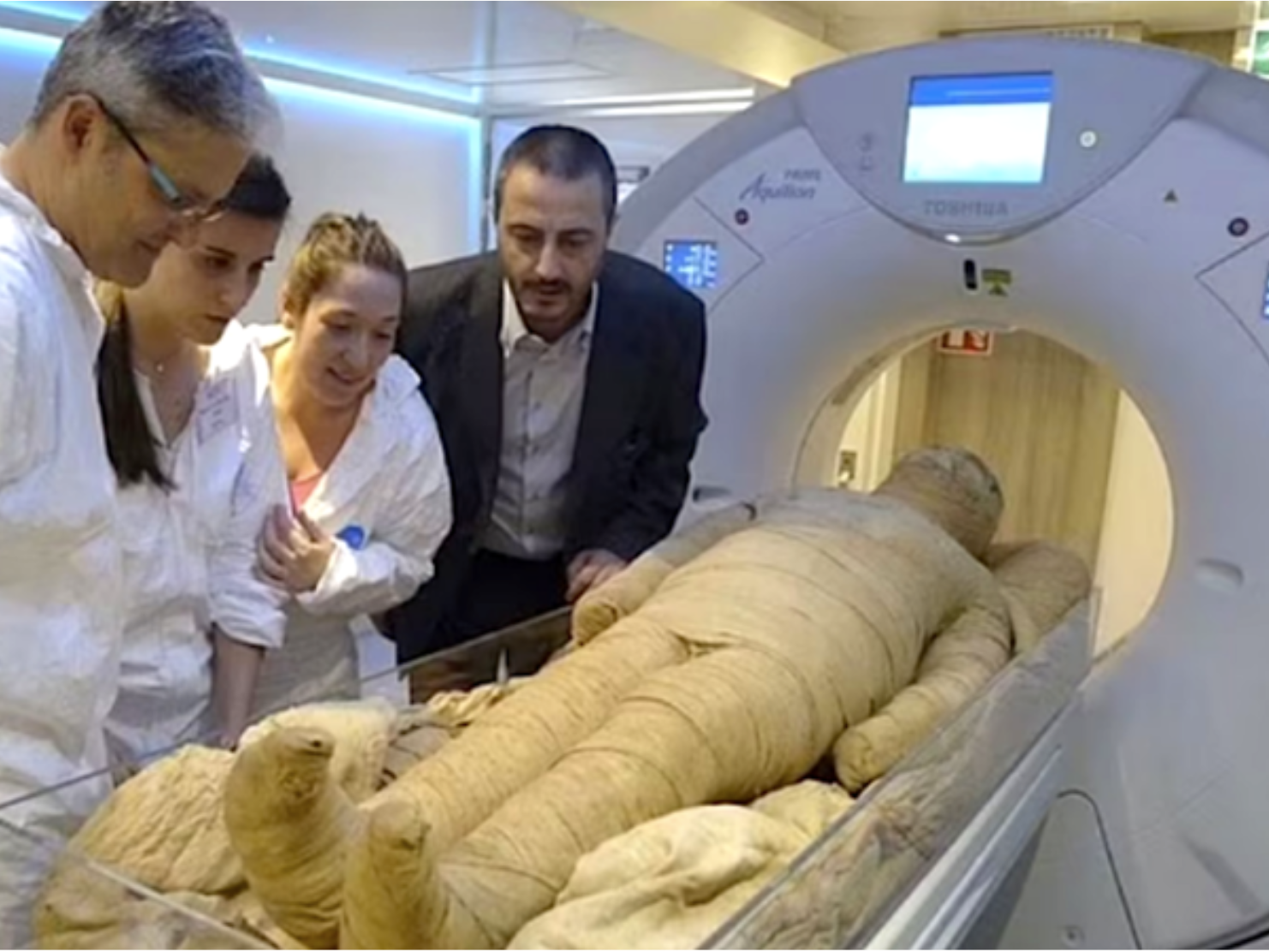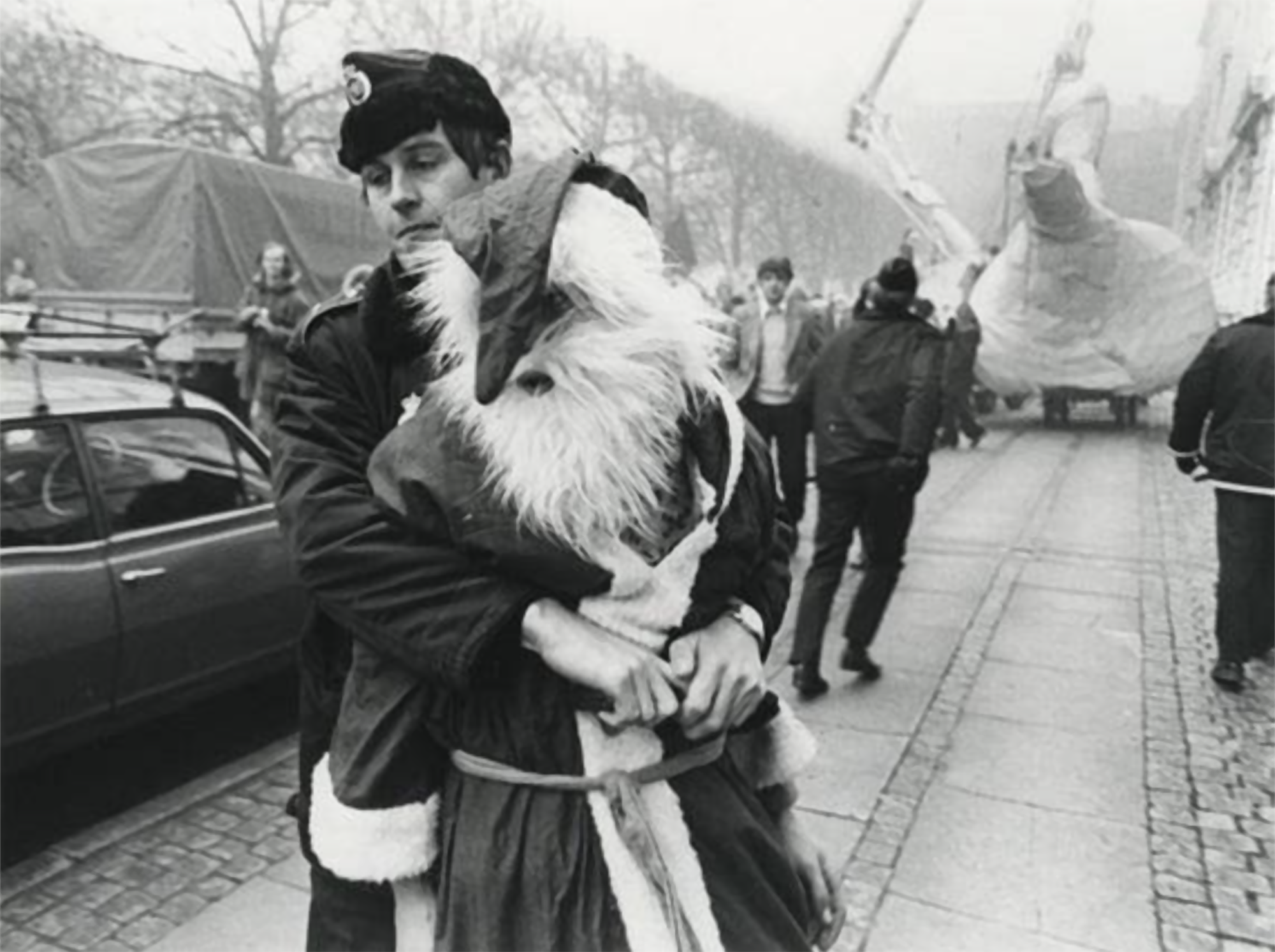Copyright in alcohol
- Paris, March 1847. One night, the famous local Café des Ambassadeurs played live music, as on other occasions. Attendees included Ernest Bourget, Paul Henrion and Victor Parizot, three musicians struggling to live with their creative work.
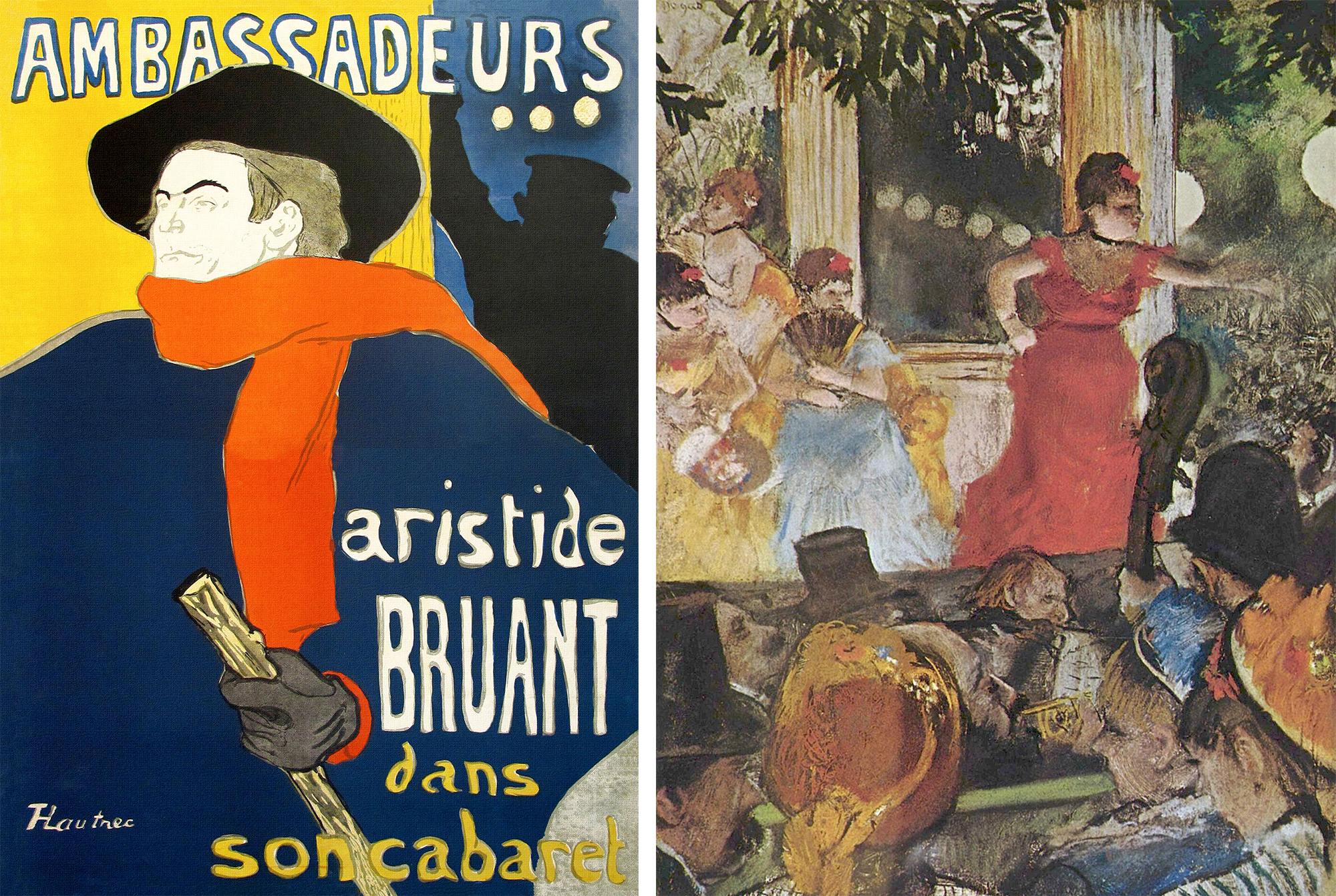
Bourget, for example, was 33 years old and still failed to get his career up and writing notebooks for Jacques Offenbach, among others.
The trio realized that some of the pieces that played in the famous café on Gabriel Avenue were created by them. Thanks to their music, they would pay for their work to the performers who were playing live. Local officials were also receiving money because they were attracting the public they consumed through musical performances. However, composers would not receive a single pound.
So that night, if you don't get paid for your work, you decided not to pay for the drinks you've consumed to alleviate the injustice. The owner of the Café des Amassadeurs decided to denounce the composers who left unpaid and the case came to court.
The trial was for the three composers. And they got a lot more drinks than they didn't pay. They opened the debate and started organizing creative music. Four years later, in 1851, the Société des Auteurs, Compositeurs et Éditeurs de Musique (SACEM), the first association for the collective management of musicians’ copyright, was created. For centuries, composers were only able to give life to their talents thanks to patronage or certain orders, but one night in 1847 they left these drinks unpaid, from then on creative work would have a well-deserved recognition and financial compensation… the limit between recognition of creativity and the prohibition of sharing, the defender of rights and financial speculator, until it began to blur.
Luxorren, Erregeen Haranetik gertu, hilobi garrantzitsu baten sarrera eta pasabide nagusia aurkitu zituzten 2022an. Orain, alabastrozko objektu batean Tutmosis II.aren kartutxoa topatu dute (irudian). Horrek esan nahi du hilobi hori XVIII. dinastiako faraoiarena... [+]
AEB, 1900eko azaroaren 6a. William McKinley (1843-1901) bigarrenez aukeratu zuten AEBetako presidente. Berriki, Donald Trump ere bigarrenez presidente aukeratu ondoren, McKinleyrekiko miresmen garbia agertu du.
Horregatik, AEBetako mendirik altuenari ofizialki berriro... [+]
Urruña, 1750eko martxoaren 1a. Herriko hainbat emakumek kaleak hartu zituzten Frantziako Gobernuak ezarritako tabakoaren gaineko zergaren aurka protesta egiteko. Gobernuak matxinada itzaltzeko armada bidaltzea erabaki zuen, zehazki, Arloneko destakamentu bat. Militarrek... [+]
In the Maszycka cave in Poland, remains of 18,000 years ago were found at the end of the 19th century. But recently, human bones have been studied using new technologies and found clear signs of cannibalism.
This is not the first time that a study has reached this conclusion,... [+]
Porzheim, Germany, February 23, 1945. About eight o’clock in the evening, Allied planes began bombing the city with incendiary bombs. The attack caused a terrible massacre in a short time. But what happened in Pforzheim was overshadowed by the Allied bombing of Dresden a few... [+]
Poloniar ikerlari talde batek Sevillako Italica aztarnategiko Txorien Etxea aztertu du, eta eraikinaren zoruko mosaikoak erromatar garaiko hegazti-bilduma xeheena dela ondorioztatu du.
Txorien etxean 33 hegazti daude mosaikoetan xehetasun handiz irudikatuta. Beste... [+]
Judea, 2nd century AD. In the turbulent atmosphere of the Roman province, a trial was held against Gaddaliah and Saul, accused of fraud and tax evasion. The trial was reported on a 133-line paper in Greek (pictured). Thinking that it was a Nabataean document, the papyrus was... [+]
Vietnam, February 7, 1965. The U.S. Air Force first used napalma against the civilian population. It was not the first time that gelatinous gasoline was used. It began to be launched with bombs during World War II and, in Vietnam itself, it was used during the Indochina War in... [+]
Archaeologists have discovered more than 600 engraved stones at the Vasagård site in Denmark. According to the results of the data, dating back to 4,900 years ago, it is also known that a violent eruption of a volcano occurred in Alaska at that time. The effects of this... [+]
Japan, 8th century. In the middle of the Nara Era they began to use the term furoshiki, but until the Edo Era (XVII-XIX. the 20th century) did not spread. Furoshiki is the art of collecting objects in ovens, but its etymology makes its origin clear: furo means bath and shiki... [+]
In an Egyptian mummy of 3,300 years ago, traces of Yersinia pestis, the bacterium that caused the Justinian plague in the 6th century and the Black Plague in the 14th century, have just been found.
Experts until now believed that at that time the plague had spread only in... [+]
Greenland, the end of the 10th century. The first Scandinavian explorers and settlers arrived on the island. But by the 15th century these settlements had been abandoned and the original Inuit remained. But in 1721, the missionary Hans Egede organized an expedition and the... [+]
In 2017, Indonesia and the Netherlands signed an agreement to return the heritage stolen by the European country because of colonialism for three centuries. The Indonesian responsible for the return process, Gusti Agung Wesaka Puja, explained that this agreement "was important in... [+]
Greece 1975. The country began the year as a republic, three weeks earlier, in the referendum on 8 December 1974, after the citizens decided on the end of the monarchy.
A decade earlier, in 1964, when King Paul I died, his son Constantine took the throne at the age of 23.
But... [+]
Copenhagen, 18 December 1974 At 12 noon a ferry arrived at the port, from where a group of about 100 Santa Claus landed. They brought a gigantic geese with them. The idea was to make a kind of “Trojan Goose” and, upon reaching the city, to pull the white beard costumes... [+]
















